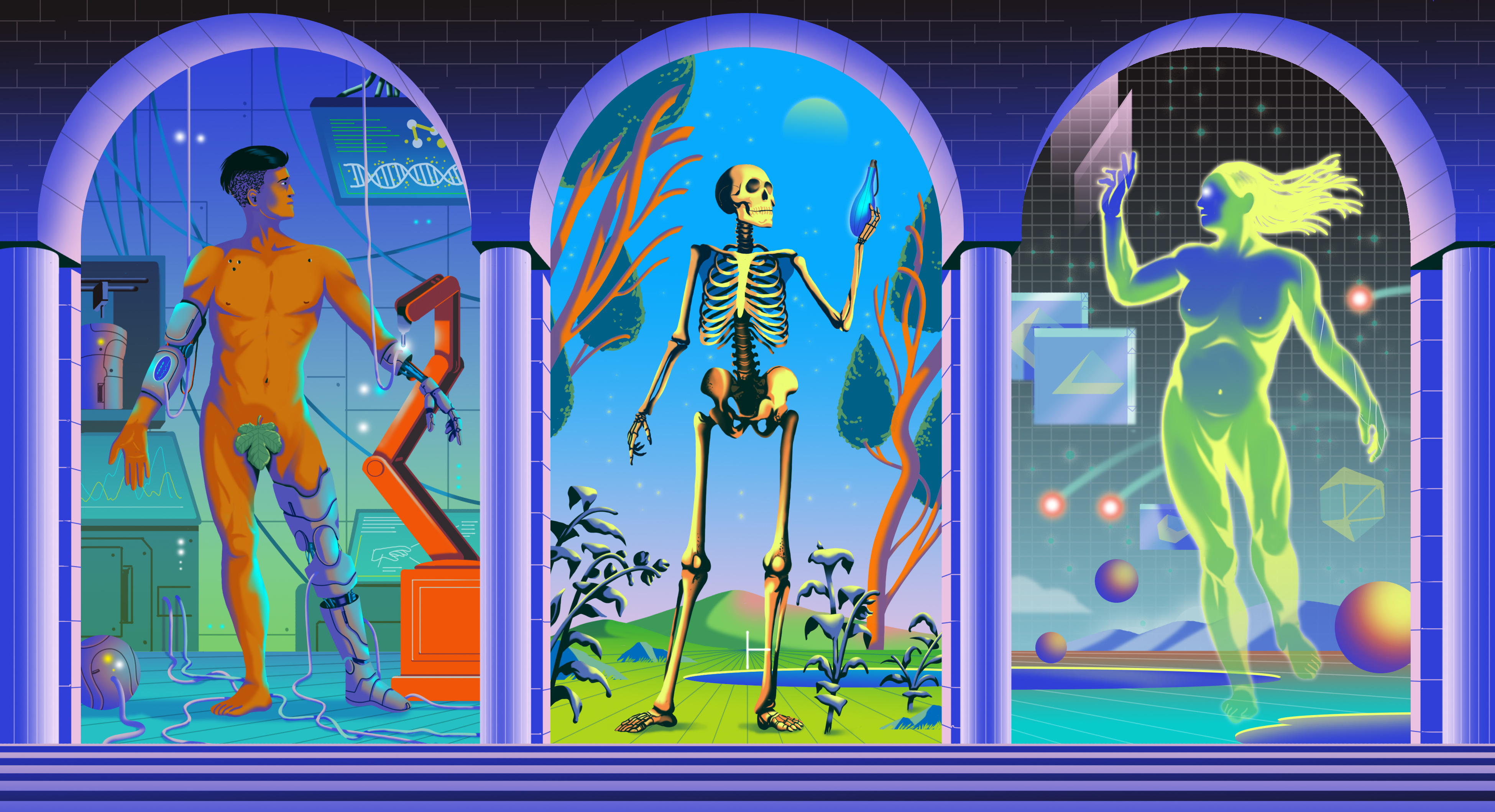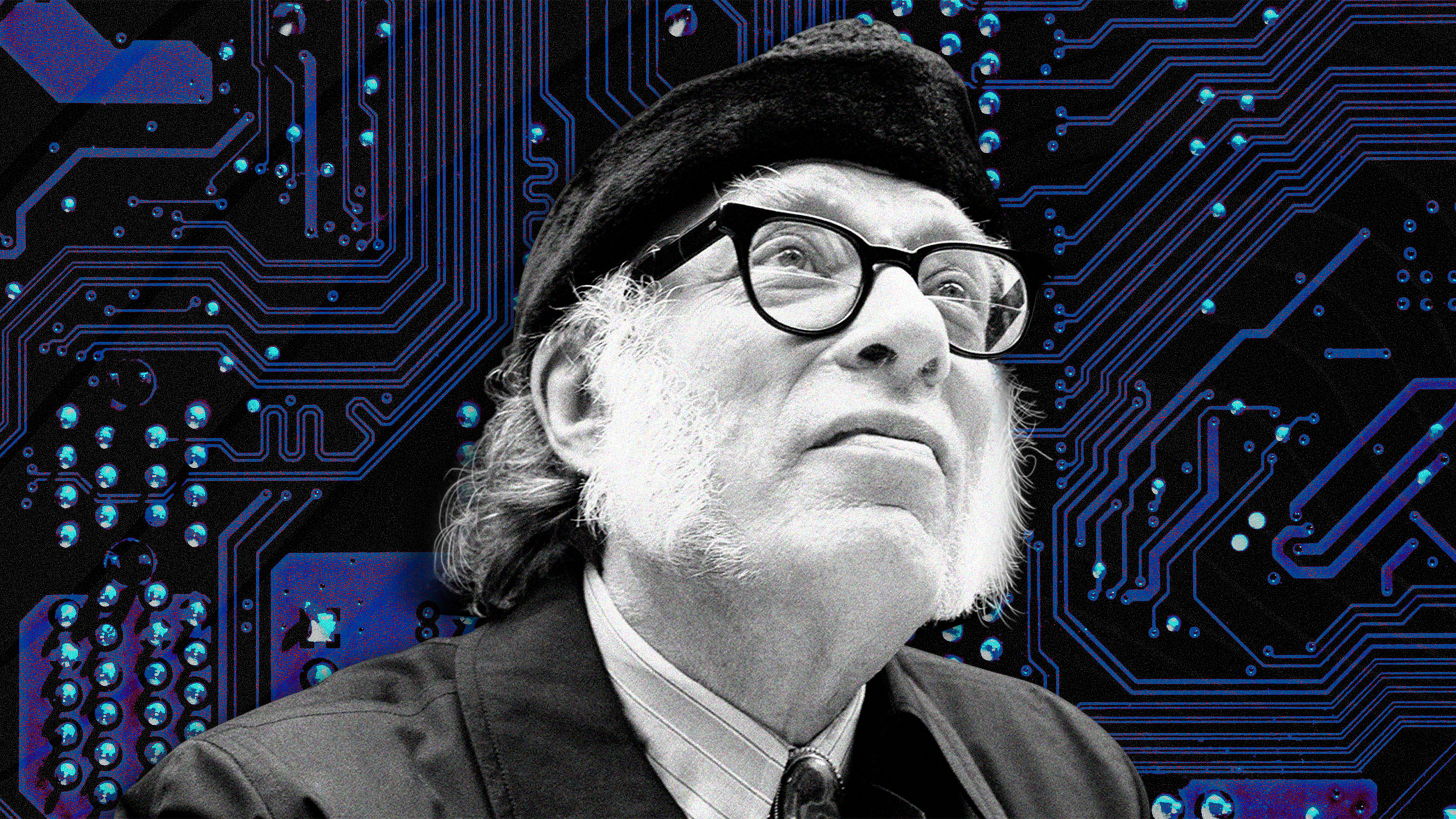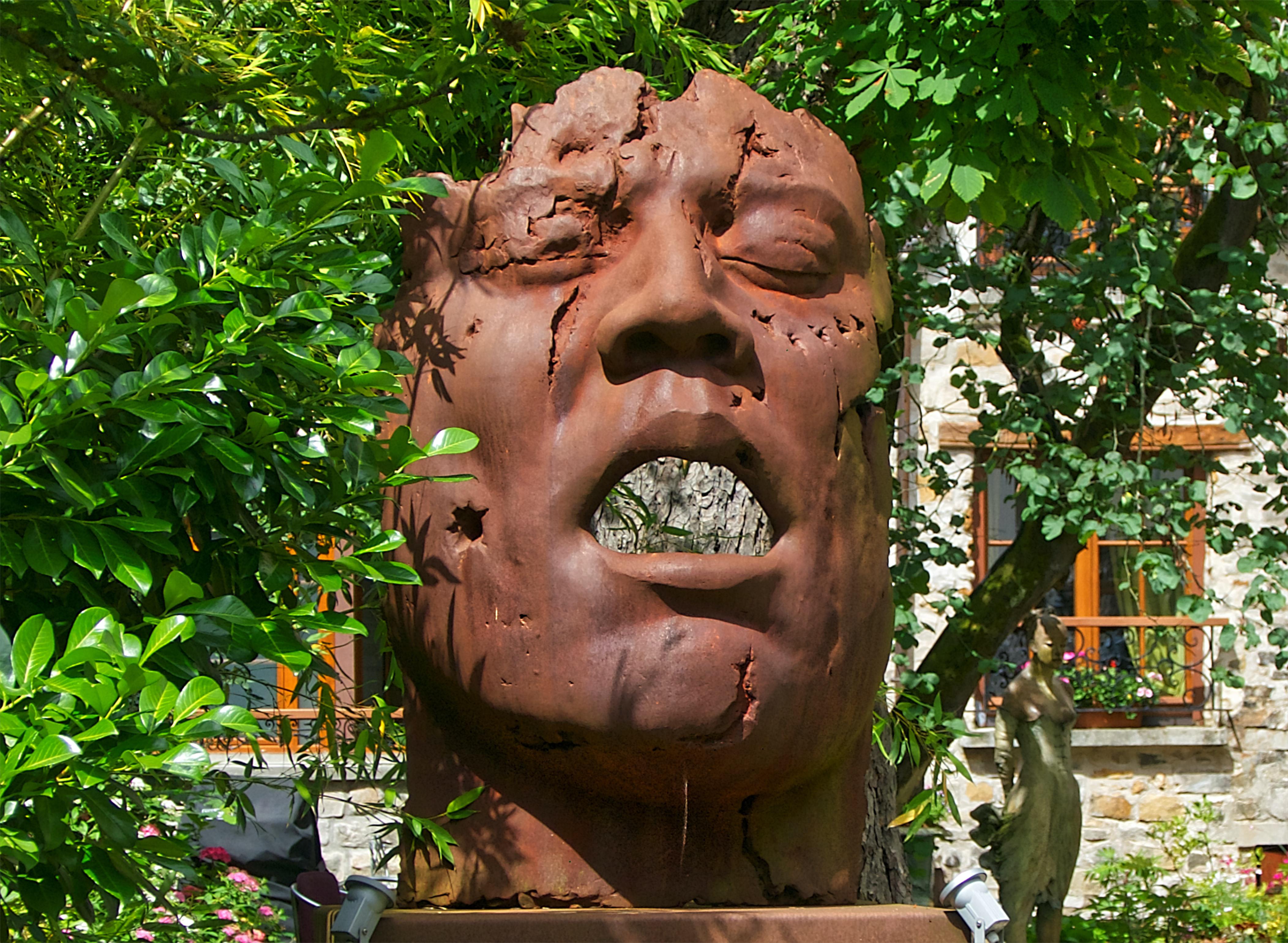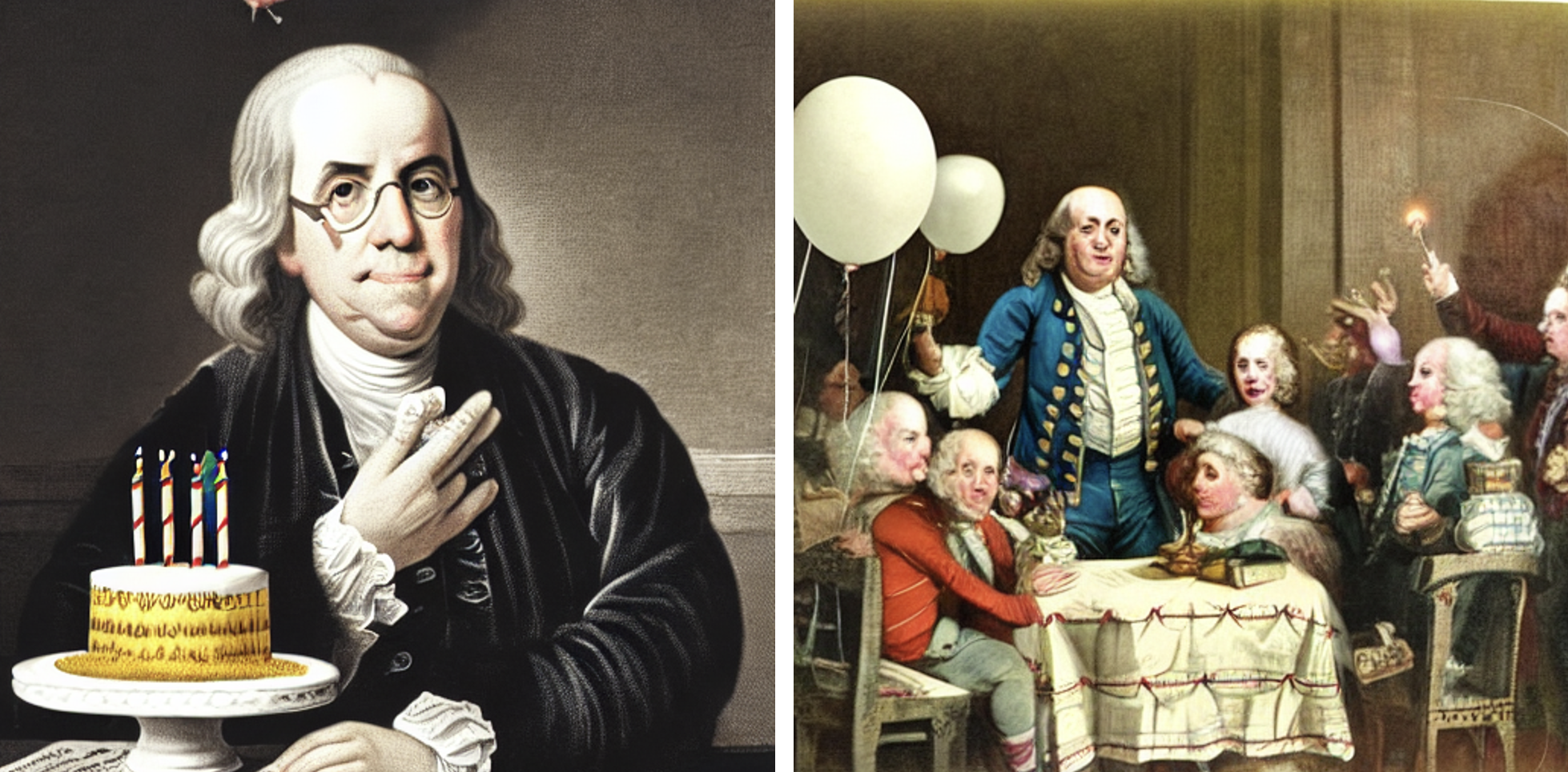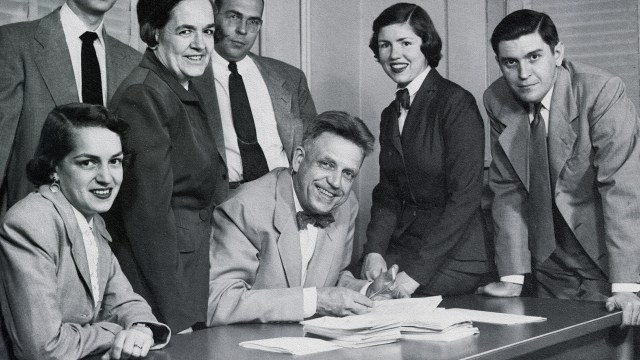Mary Shelley’s Frankenstein can illuminate the debate over generative AI
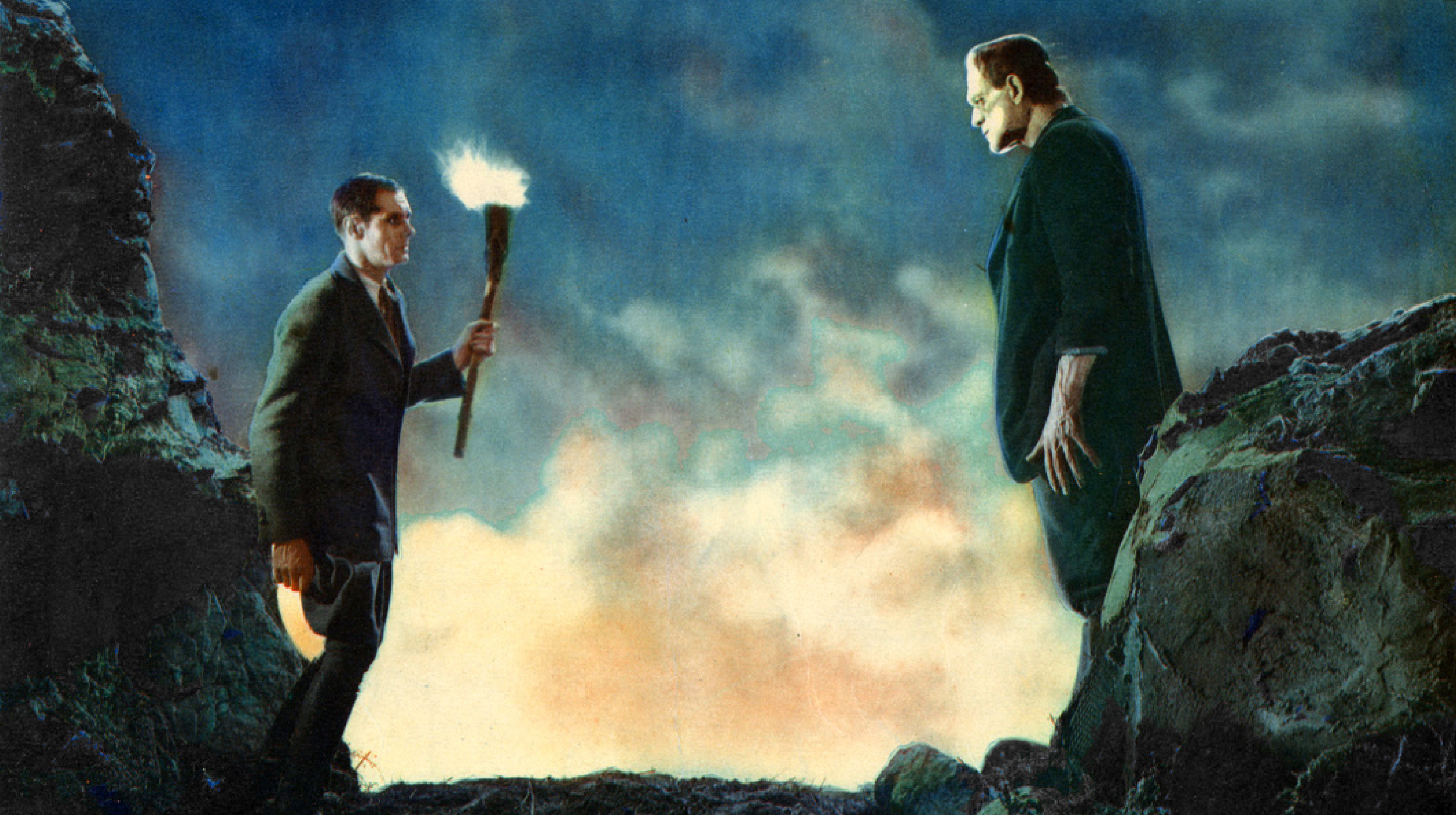
- Mary Shelley’s dystopian tale has managed to stay relevant since its publication with a riddling, Zen koan-like quality that has enthralled readers for centuries.
- Frankenstein is a rich and sober account of human error, a testament to life’s mystery, and a dramatic illustration of the redeeming roles of humility and affection.
- As the debate over generative AI roils our society, we might remember what Shelley revealed: how the secrets of nature have always eluded our dominion and defied our best intentions.
In January 1818, Mary Shelley anonymously published a strange little novel that would eventually make her world-famous. Frankenstein; or, The Modern Prometheus is the story of a scientist, Victor Frankenstein, who is driven by an unrelenting “thirst for knowledge,” an ambition to penetrate the secrets of nature, heaven, and Earth. He works tirelessly to engineer a sentient being who, upon coming alive, is hideous to him. Realizing with horror that his plan has gone awry, Frankenstein flees his creature who in turn angrily chases him to the end of the Earth and finally destroys him at the novel’s end.
Shelley’s dystopian tale has managed to stay relevant since its publication. It has a riddling, Zen koan-like quality that has edified and entertained readers for centuries, inspiring a range of interpretations. Recently, it has been making appearances in the heated debates over generative artificial intelligence, where it often is evoked as a cautionary tale about the dangers of scientific overreach. Some worry that in pursuing technologies like AI, we are recklessly consigning our species to Victor Frankenstein’s tragic fate. Our wonderchildren, our miraculous machines, might ultimately destroy us. This fear is an expression of what science fiction writer Isaac Asimov once called the “Frankenstein complex,” a Luddite fear of robots.
Strangely, it’s not only Luddites expressing such fears today; it is also some of the people who are most aggressively at the forefront of technological innovation. Elon Musk seemed to have had Mary Shelley’s story in mind when he warned a World Government Summit in Dubai in 2017 that sometimes “a scientist will get so engrossed in their work that they don’t really realize the ramifications of what they’re doing.”
But Frankenstein, thankfully, offers much more than a warning about robots. It is a rich and sober account of human error, a testament to life’s mystery, and a dramatic illustration of the redeeming roles of humility and affection. It encourages us to awaken to and love the small piece of reality we inhabit — “To see,” as William Blake put it, “a World in a Grain of Sand.” As the AI revolutionary tide carries us along into what may be a “transhuman” future, it can continue to show us who we are, have been, and might be in an unfolding reality that always surprises and exceeds human designs.
The principle of life
Shelley wrote Frankenstein in response to a challenge issued by her friend the poet Lord Byron after a late-night discussion about the “principle of life.” The Scientific Revolution was well underway by then, and her group of friends had gathered around a fire one summer night by the shores of Lake Geneva, as rain pummeled the rooftops and lightning electrified the skies, to probe the mysterious nature of this thing they — and we — call life. What is its principle, they wondered? Can life be manufactured out of nothing, or even, say, out of a corpse? Could humans be life’s creators?
The men talked and Shelley, still a teenage girl, sat and quietly listened. She had an important perspective to contribute to the conversation, however, a knowledge about the origins of life that bore directly on their discussions. She had, after all, given birth to a child who had died a couple of weeks after birth, and, a year later, she had birthed a second child who survived. Her mother, the Enlightenment thinker Mary Wollstonecraft, had died of puerperal fever shortly after her own birth, and that death had long haunted her. The “principle of life” was for her more than an abstract philosophical topic. It had been intimately, powerfully, and tenuously experienced in her own physical body. To gestate a new life was empowering; to lose a child, or to struggle to sustain one, was humbling.
Unfortunately, the men did not enlist her opinion on such a weighty topic. She remained a mere fly on the wall during their discussions, but the wheels in her head were turning. In the days, weeks, and months that followed, she responded to Byron’s prompt by writing her Gothic novel. Frankenstein would eclipse in popularity, enduring relevance, and prescience anything those men ever wrote.
We are as gods
Shelley was a believing Christian, and she begins the novel with an assertion which reads at first like a religious rejection of science: “Supremely frightful would be the effect of any human endeavor to mock the stupendous mechanism of the Creator of the world.” But she also understood that science is not the only ways humans have tried to play God. Childbirth is also a God-like activity, undertaken without God-like powers. Childbirth is divine, but it is also marred by human hubris and failure.
This was not an entirely novel interpretation; it was rooted, in fact, in Scripture. In Genesis, Eve had been enticed by the serpent’s tantalizing promise: “When you eat of [the fruit] your eyes will be opened, and you will be like God, knowing good and evil.” God in turn retaliated: “In pain you shall bring forth children,” he tells Eve. Childbirth is the cursed consequence of Eve’s quest for God-like knowledge, and it is only possible after the fall. Eve’s descendants learn to live with this curse, to even see in it a hopeful promise of fruitful multiplication.
This story’s contradictions riddle her characterizations. Many interpreters have condemned Frankenstein as more villainous than his murderous monster, but Shelley’s narrative resists such unilateral assignments of blame. If Frankenstein is a villain, then so is Eve, so is she, and so was her mother; they had all, despite their best intentions, failed the vulnerable lives they had made. In an 1831 introduction, Shelley called the novel itself her own “hideous progeny.” In writing it, she had also over-reached, had tried to create a universe out of her own small grain of sand. She confessed, however, an abiding affection for the book, and she bid it to “go forth and prosper,” just as God had done with his fallen creatures.
An occultist’s ambition
Her exploration of the ethics of Frankenstein’s scientific experiment is similarly complex and subtle. Her “scientist,” to begin with, is not exactly a scientist. Victor Frankenstein is an occultist who, in his teens, had stumbled upon the work of a German Renaissance soldier and polymath who was influenced by Kabbalah, Hermeticism, and Neo-Platonism. His father and a professor advise him that he is foolishly burdening his memory with “exploded systems and useless names.” But he ignores them, preferring the forgotten alchemists’ “chimeras of boundless grandeur,” their dreams of immortality and power, to the modern natural philosophers’ more limited ambitions.
The problem, he confesses, was that his reading of modern philosophers had left him feeling unsatisfied. In reading them, he felt like Isaac Newton who once “avowed that he felt like a child picking up shells beside the great and unexplored ocean of truth.” He wanted to wrap his arms around that whole, great ocean. Is that really such a bad thing? Haven’t we all felt that desire for wholeness? But his ambition pushed him further. “A new species,” he dreams as he labors in his workshop, “would bless me as its creator.”
It’s not this hubris alone that seals his fate, however. It is also his denial of human community. In committing himself to his ambitious goals, he isolates himself, losing physical touch with the people that had once populated his world. The happy man, he admits, is one who believes his native town is the world. But Frankenstein was intent on forsaking that native town for the world. That forsaking is echoed in his abandonment of his monster and in his negative response when his creature begs him to make him a female companion. Fearing that he will end up with two monsters and double the trouble, Frankenstein says no, again denying the claims of human affection.
He could, of course, have embraced his failure, accepting that he had lost control, and committing himself to make the most of it, to even love the monstrosity he had made. Mary Shelley seems to have done just that when she bid her “hideous progeny” to “go forth and prosper.” Frankenstein reminded her of the people she had loved and lived among — reminded her too, perhaps, of how she had once herself been a child “picking up shells beside the great and unexplored ocean of truth.”
The secrets of nature elude our dominion
As the debates about generative AI roil our societies, we might remember what Shelley revealed: how the secrets of nature have always eluded our dominion and defied our best intentions. “Everything,” she wrote, “must have a beginning… The Hindus give the world an elephant to support it, but they make the elephant stand upon a tortoise. Invention, it must be humbly admitted, does not consist in creating out of void, but out of chaos.” It is tortoises — the strange and unruly secrets of life — all the way down.
